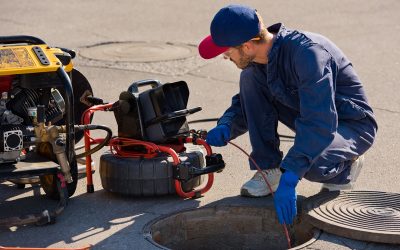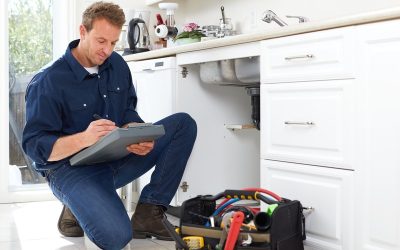If your water heater uses a tank, expect it to last about a decade, or twice as long if it’s carefully maintained. However, some water tanks fail after only a few years, with tankless heaters lasting longer. If your old water heater is leaking and needs replacement, tankless Water heater installation in San Marcos CA may be right for your family.
There are many reasons why water heaters malfunction. Sedimentary deposits can form at the bottom of the water tank, causing issues when burners ignite. Thermostats can fail, and broken dip tubes can dilute your hot water. An uncontrolled expansion can cause dangerously high pressure and burst water pipes. These problems and many others can result in water that’s too hot, too cold, or it can ruin your home’s piping.
Water heater installation and repair jobs in San Marcos CA should be left to the professionals, but you should still take a role when you’re deciding on repair vs. replacement. Ask the technician about the price difference between repair and replacement, and if your system is repaired, how much longer it will last.
Tankless vs. Conventional (and Other Decisions)
Generally, tankless water heaters last longer than their traditional counterparts. The key to performance for a conventional heater is insulation and storage capacity, and for a tankless heater, it’s flow rate. If your flow rate isn’t high enough, your water temperature can fluctuate–leading to yelps of surprise when you flush the toilet while someone’s in the shower.
Other choices are tank size and shape, insulation, and whether to include your water heater in your central heating system. Some of these decisions may have been made for you already, depending on your climate and your home’s structure. By talking to a contractor in your area, you can determine which water heater installation in San Marcos CA will best suit your needs and your situation.
Eco-Friendly Water Heaters
Energy efficiency for water heaters is a relatively new concept, having only been around for 20 years. A water heater’s energy efficiency is measured as a percentage of the heat used, and expressed as an energy factor–the closer the number is to 100, the more efficient the heater. However, energy efficiency is only part of the performance equation, and you should also consider the cost of fuel and the overall effect on the environment. Contact Hanna Plumbing And Supply Inc for more details.


